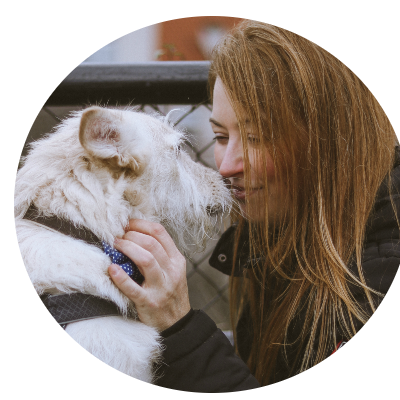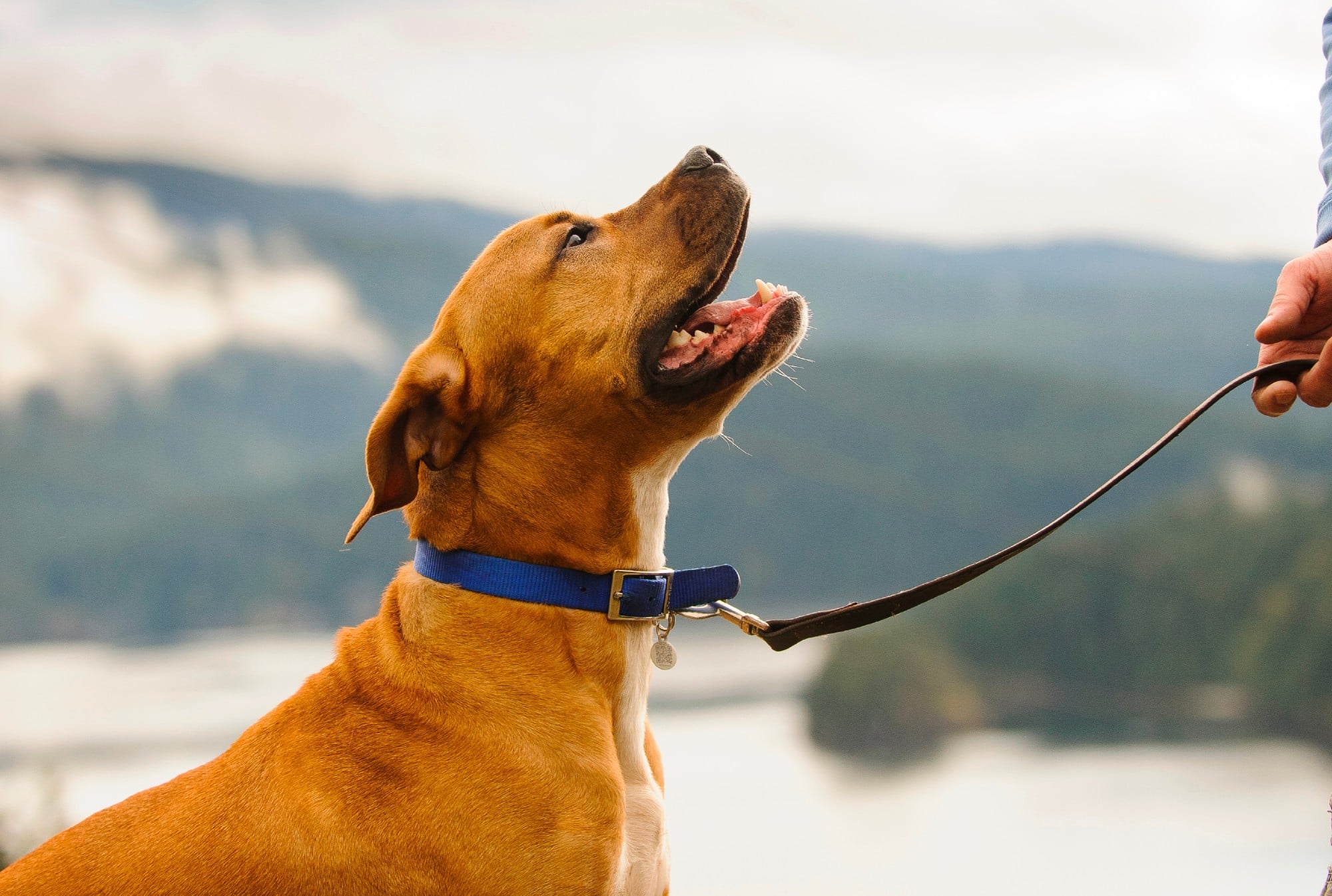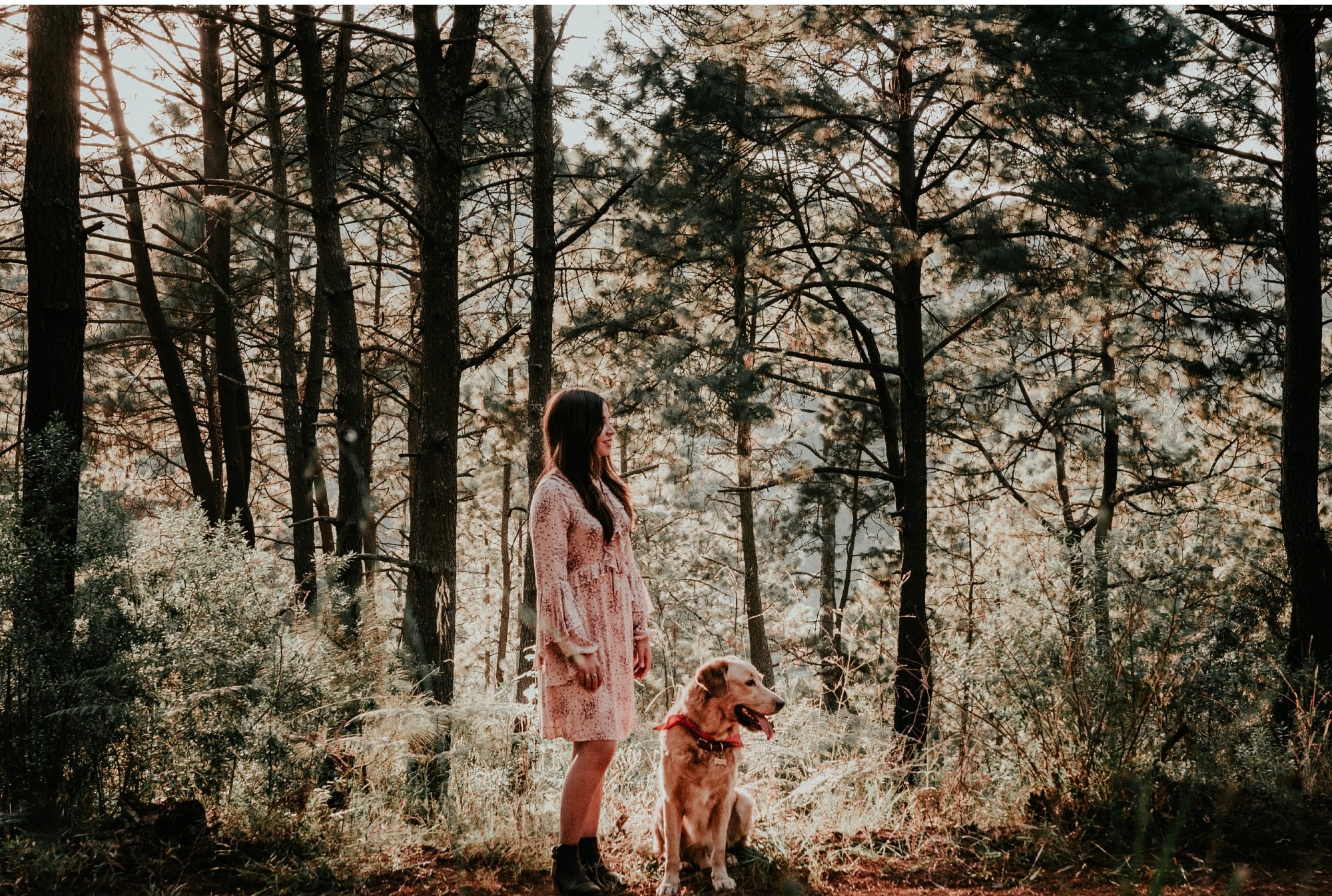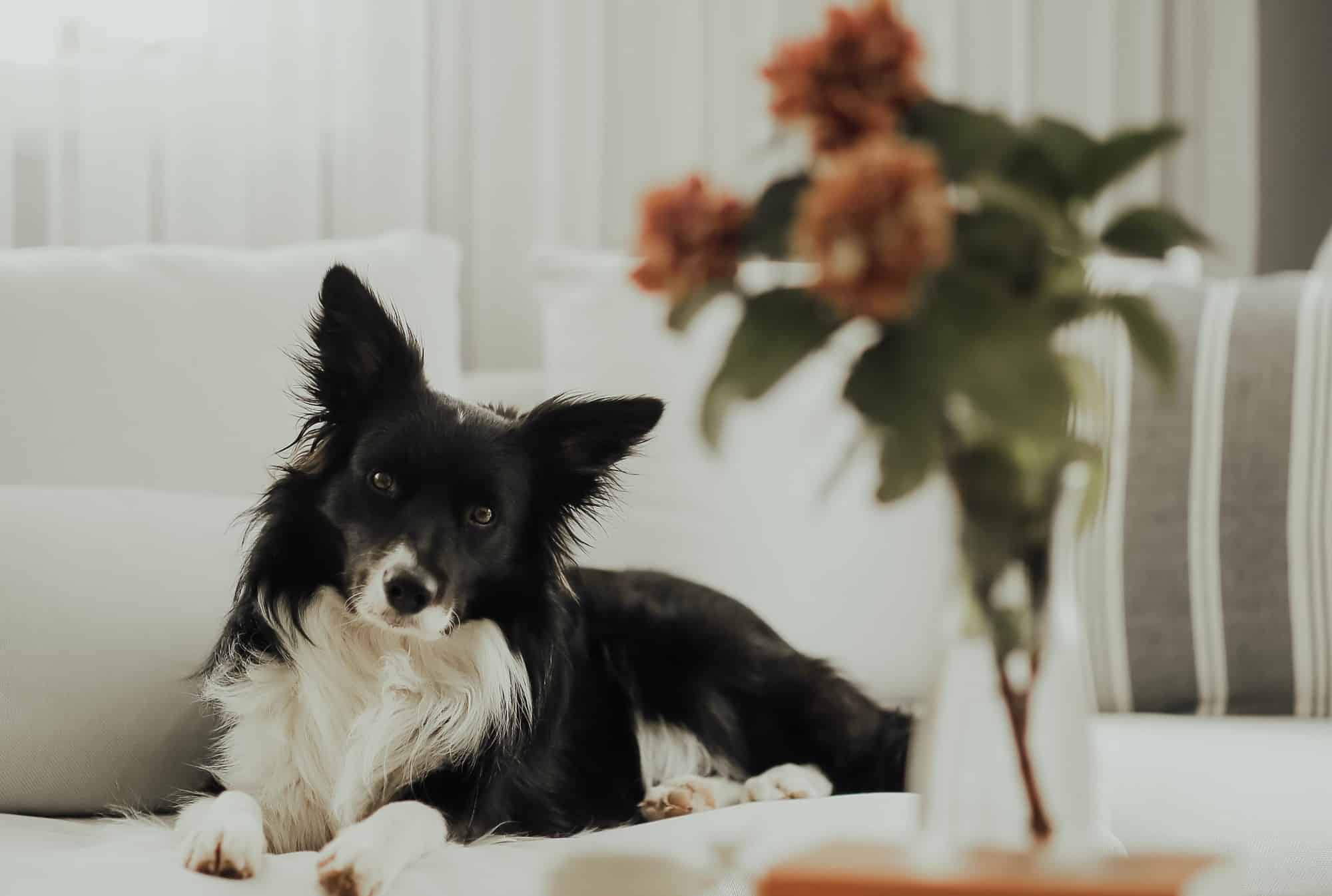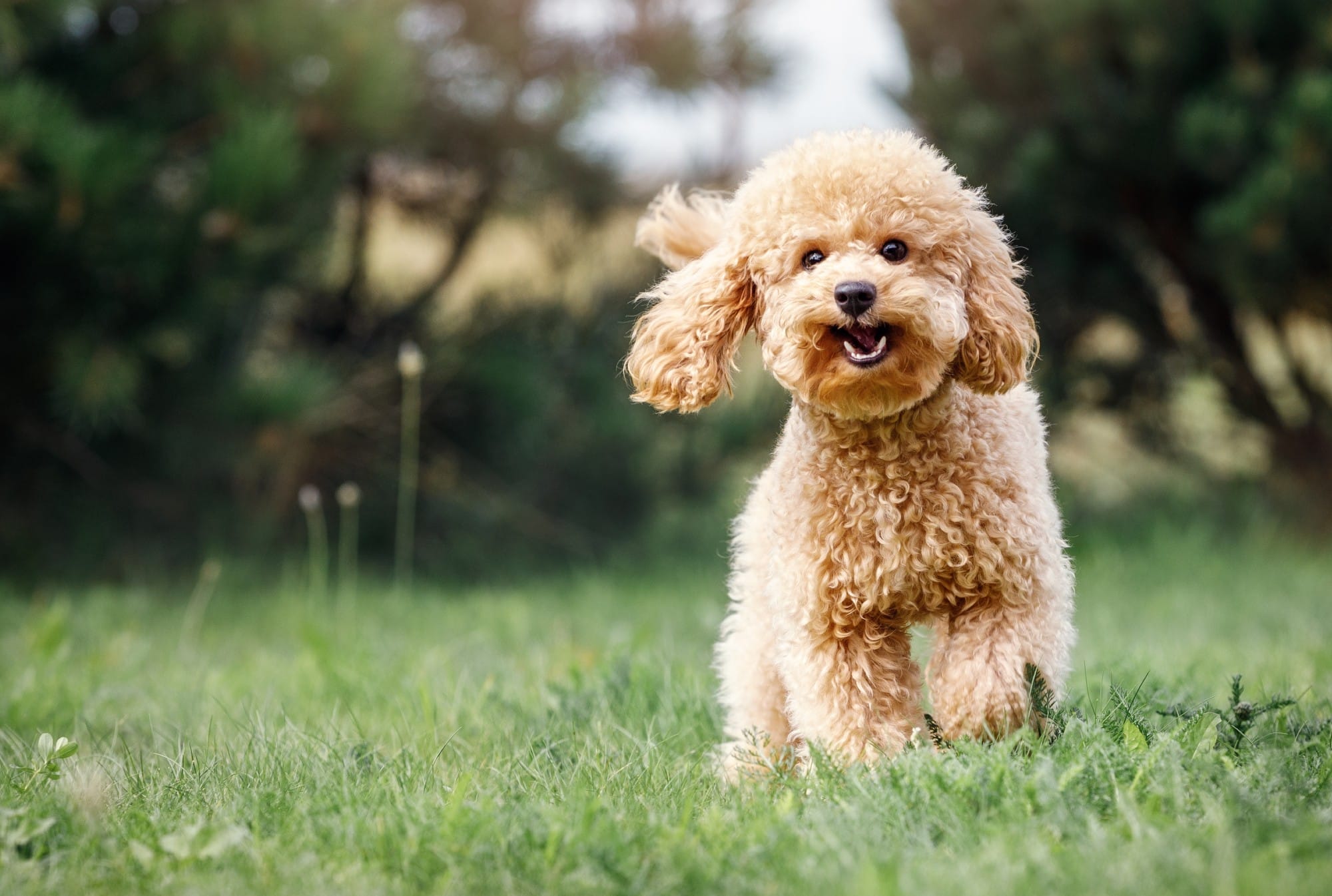Whether you’re looking for help with basic obedience or want to address a particular behavior issue, such as reactivity or separation anxiety, having the right dog trainer can make a world of difference. But it can be tricky finding one that suits your needs and is reputable. That’s because there’s little regulation in the dog training world. With no central agency overseeing certification or licensing, anybody can say they’re a dog trainer after completing a day-long online course (if that). You actually don’t need any formal education to call yourself a dog trainer.
The result is that many people end up working with trainers whose methods and philosophies are antiquated, or even harmful. The result can be a regression in your dog’s behavior.
So how exactly can you find a reputable dog trainer? Well, it requires some homework on your end.
How Do You Start Your Search for a Reputable Dog Trainer
Choosing a dog trainer can feel overwhelming and confusing when you’re trying to find a trusted expert in an unregulated industry.
When searching for a trainer, Hunter Mayer says it’s important to ask around but to also take your time to research the trainers. “I would recommend asking your dog’s veterinarian and their staff first; they usually know how to screen trainers and have their fingers on the pulse of the trainers in the community,” says Joan Hunter Mayer, a certified professional dog trainer and owner of The Inquisitive Canine.
You can also try a “trainer locator” option provided by many of the reputable certifying organizations (more on that below).
Look at Qualifications
While certifications aren’t a guarantee of someone’s abilities, they are generally a reliable indicator about the types of methods, techniques, and tools a trainer is likely to use and recommend, says Sarah Fraser, co-founder of Instinct Dog Behavior & Training and certified dog behavior consultant with a MA in animal behavior and conservation. “They also indicate whether a trainer has agreed to adhere a set of guidelines related to ethical business practices,” she adds.
Related: Animal Planet’s Andrea Arden: Being a Dog Trainer Isn’t All About Playing With Puppies
The following are a few programs in which its certifications and accreditations support the use of kind, gentle, ethical methods in dog training A behavior modification:
- Certified Professional Dog Trainer-Knowledge Assessed (CPDT-KA)
- Certified Professional Dog Trainer-Knowledge and Skills Assessed CPDT-KSA)
- Certificate in Training and Counseling (CTC)
- Victoria Stilwell Academy Certified Dog Trainer (VSA-CDT)
- Victoria Stilwell Positively Dog Training (VSPDT)
- Pat Miller Certified Trainers (PMCT)
- Karen Pryor Academy Certified Training Partner (KPA-CTP)
Also, it helps if the trainer is a member of the Association of Pet Dog Trainers (APDT).
What Else to Look for in a Dog Trainer’s Resume?
Dog trainers who are worth their salt will be transparent about their education, certifications, and how they obtained them, as well as their scope of practice, say Hunter Mayer. “Read between the lines when scouring websites,” she says. “Does the person guarantee they can ‘fix’ your dog? There are no guarantees, so I would be wary of anyone who makes this kind of promise.”
According to Fraser, some additional things to look for to increase your chances of finding a great trainer include:
- The trainer’s website uses verbiage that emphasizes providing a positive, low-stress learning experience for the dog and owner.
- Their online reviews are largely positive, with clients emphasizing qualities like responsiveness, patience, and kindness in addition to effectiveness; any negative reviews are responded to in a professional manner.
- The trainer’s “about page” indicates they are committed to continuing education and have a genuine interest in perfecting their craft — look for mentions of participation in dog sports, membership in professional organizations, and/or special areas of interest. A big plus includes an academic background in psychology, ethology, or animal behavior.
Look for a Trainer Specialized to Handle Certain Behavior Issues
A certified, experienced trainer can usually help with anything related to puppy development, life skills, and manners. Many can also help you work on trick training if you want to teach your dog fun skills. On the other hand, if you’re struggling with fear, anxiety, aggression, reactivity, or hyper-arousal behaviors, Fraser recommends seeking out a certified dog behavior consultant instead. (One place to look is the International Association of Animal Behavior Consultants, or IAABC)
She adds that separation anxiety is often best handled by someone who has done targeted, continuing education on the subject, and who potentially holds a special certification, such as the Certified Separation Anxiety Trainer credential (CSAT). For people who are interested in dog sports or doing therapy work should find a trainer who specializes in those areas.
A reputable trainer will refer out if he or she feels the case is beyond their expertise, Hunter Mayer adds.
Related: Jobs to Give Your Dog At Home
Set Up an Initial Meeting
Fraser points out that trainers provide different levels of access to prospective clients, some will simply refer you to their website to look at the services, while others might offer a short “discovery call” so you can both get a sense of whether the trainer is a good fit to help you and your dog.
Regardless of how you get started, here are some important things to discuss during the initial meeting, according to Fraser:
- Expectations and guarantees: A reputable trainer will not make guarantees about a dog’s future behavior. Still, you should look for a trainer who will happily guarantee and commit to the level of support they provide to you during and after your program, along with their standards for communication and professionalism. You can also ask the trainer to provide a clear overview of what you can expect to learn and cover within a certain program or time frame.
- Methods and training framework: Ask your trainer which tools and equipment they use and don’t use. Choose a trainer who uses a variety of rewards and motivators to facilitate learning, and who steers clear of aversive tools and techniques like electronic collars and leash corrections.
- Listening skills: During your initial interactions with the trainer, pay attention to whether you feel like you are being truly heard. Does the trainer seem genuinely curious and interested in understanding your dog and your current situation? Learning happens best when all parties feel safe, supported, and heard. Seek out a trainer who treats dogs and humans with kindness and compassion.
Remember It Takes Two to Tango
When searching for a trainer, one final (but essential) thing to remember is that ultimately, the hard work will fall on you, not the trainer. “It’s helpful to think of your trainer as a coach, a guide, and a consultant,” says Fraser.
She adds that it is your trainer’s job to help you uncover the traits and characteristics that make your dog a one-of-a-kind individual, then help you optimize how you nurture and parent your dog, based on that.
Hunter Mayer adds that you should also understand that dog training — and having a well-mannered dog — is a lifetime endeavor. “Dogs go through many milestones throughout their entire life; it’s not just puppy then adulthood,” Hunter Mayer says. “Dog parents need to be mindful of this and realize that training is a lifelong endeavor as well.”
And while this doesn’t necessarily mean you have to continue seeing a dog trainer forever, you do need to teach and guide your dog throughout their entire life.
Related: Exercise and Your Dog: Why It Is So Important – And the Proper Way to Do It












